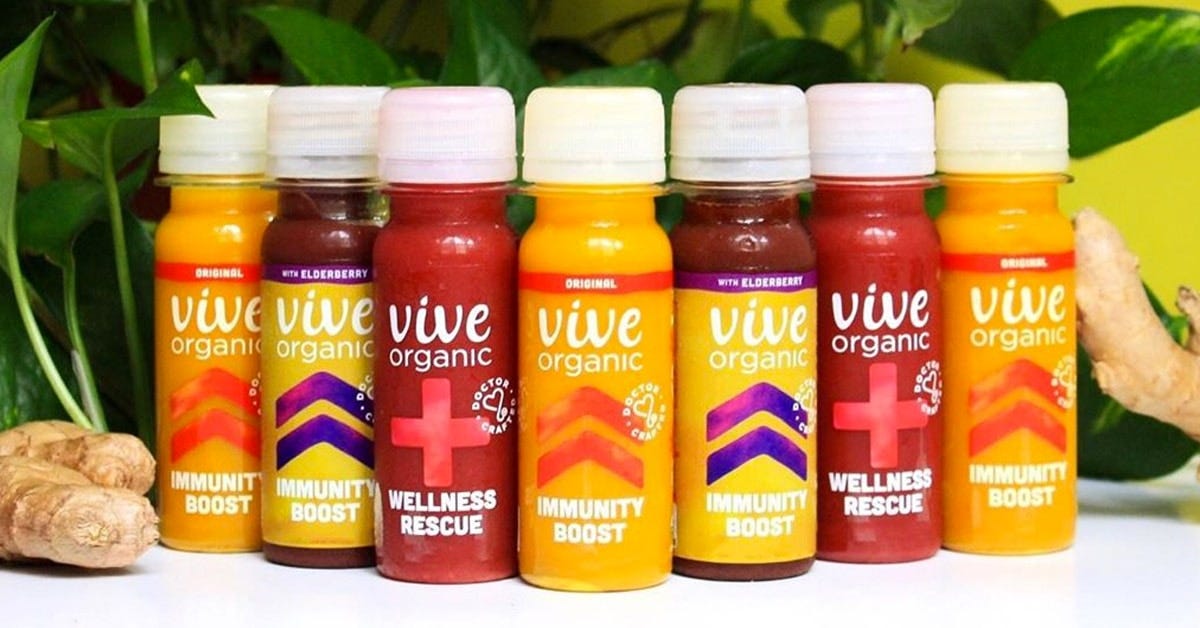One week in a post #36: Not Behavior Change, Environmental Impact Beyond Animal Meat, Oils are on the Hook, Alt Fish Everywhere.
[Three pieces of news]
1/ APAC Agrees on Nomenclature for Cultivate Foods
The major companies across Asia growing meat and seafood from animal cells came to a regional consensus on what to call the products. The winner? Cultivated meat. The big agreement in Asia was laid out in a memorandum of understanding signed by Good Food Institute APAC, APAC Society for Cellular Agriculture, and more than 30 other key industry stakeholders. In the US, the naming debate continues. The UN’s Food and Agriculture Organization released an overview of the sector last week that went with ‘cell-based food.
2/ Bruce Friedrich About How NOT to Change Behaviors
A piece by Bruce Friedrich was published on Nature a couple of weeks ago. The summary?
It takes 9,000 calories of crops to produce 1,000 calories of chicken. For feedlot beef, the multiplier is 40 to 1. Animals are an inefficient 12,000-year-old technology to make food.
What does drive most of people’s food choices is taste and price.
The key to building a more sustainable food system is not to convince consumers to change what they want to eat, but to change how their favorite foods are made.
Let’s float the market with products that taste the same or better and cost the same or less!
3/ New Impact Study that Goes Beyond GHG emissions
A new study published in the journal Nature Sustainability examined nearly 99% of all food production on land and sea. Highlights:
Pig and cattle meat ranked far ahead of any other products. Cattle having a massive impact on greenhouse gas emissions and pigs on water quality. But pork may have larger environmental costs than beef when factoring in that so much pig waste ends up polluting waterways.
A category of fish that includes cod, flounder and halibut had more than four times the environmental impact of other fish because the trawls dragged to harvest them destroy habitat along the seafloor.
Rice and wheat ranked in the same tier as animal-based products including cow milk and chicken meat, largely because growing the grains requires a lot of water, and for their disturbances to natural habitats.
Crops used to make cooking oils, including palm and canola, are other examples of plant-based food products whose impacts rival those of some animal-based products.
[Three $ raises]
BioTech / AgroSpheres raises $22M in Series B funding. The company provides a delivery platform that makes it cost-effective to deliver oils, small molecules, and semiochemicals in the field at a reduced dose.
Functional Foods / Suja Juice Acquires Wellness Shots Company Vive Organic.
Upcycling / BioVeritas, a company that uses fermentation to upcycle food and agricultural waste into ingredients and other applications, received an additional $65 million last week.
[Three products]
1/ Bettafish: Vegan tuna made from seaweed
2/ Hooray Bacon: Vegan bacon from rice, pea, coconut (and a bunch of other ingredients!)
3/ Savedasea: Plant-based lox from carrots (+ other 8 ingredients)





